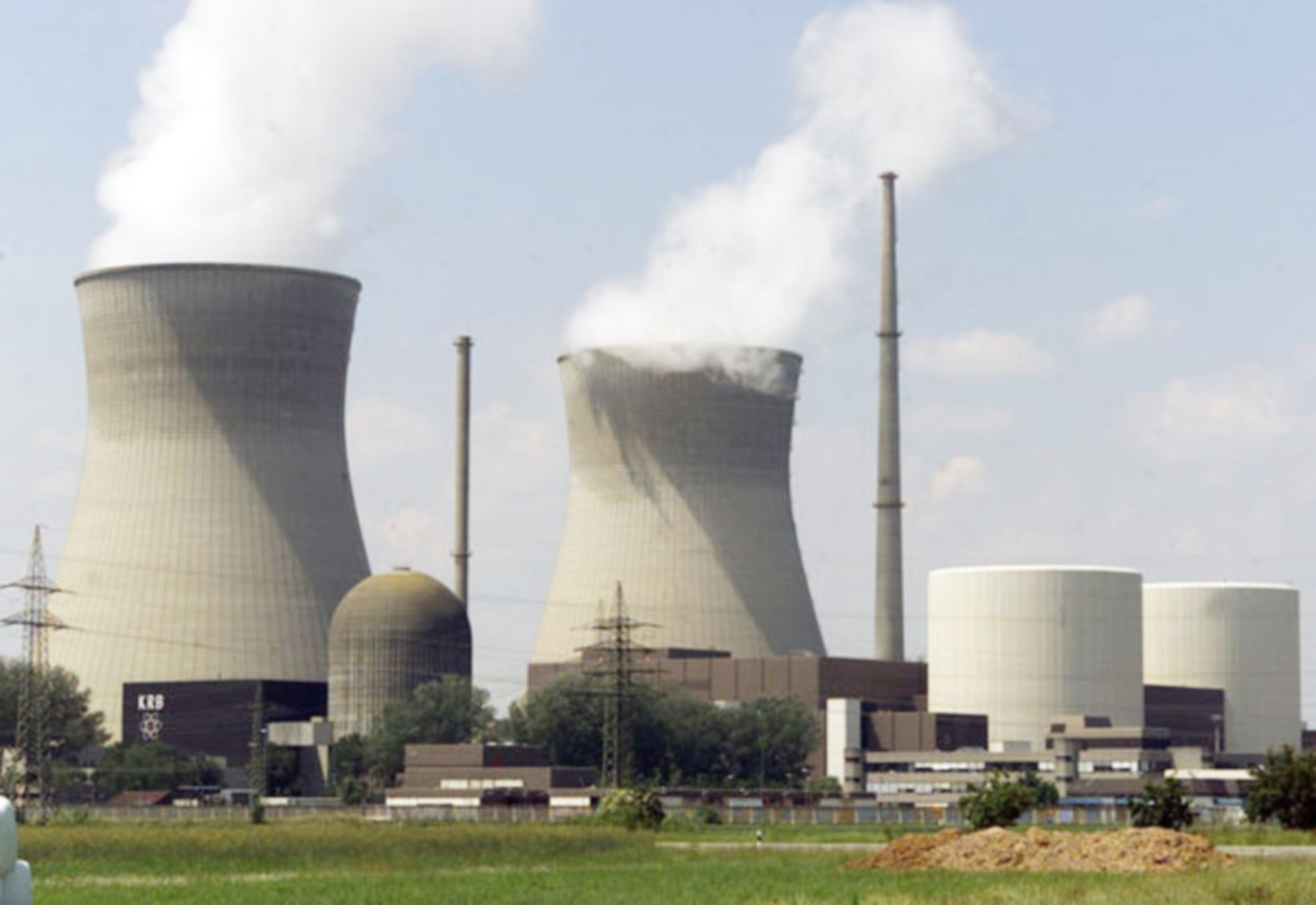Nuclear energy is a clean and environment friendly source to reduce Pakistan’s energy deficit
By AsthmA Khalid
Speaking in the favour of the peaceful use of nuclear energy, on 8 December 1953, President Eisenhower highlighted the significance of nuclear energy to the world by maintaining that, “It is not enough to take this weapon out of the hands of soldiers. It must be put into the hands of those who will know how to strip its military casing and adapt it to the arts of peace.”
Subsequently, in the middle of the twentieth century, nuclear energy and technology became popular as an alternate energy source to fossil fuel. Nuclear power is considered as one of the most reliable, efficient and environment friendly sources of energy. Every state has the right to utilise nuclear energy and technology for peaceful purposes which include: medical diagnostics, agriculture, pharmaceuticals and industrial use, etc.
In the twenty-first century, states are unanimously planning and shifting towards peaceful nuclear power to ensure long-term energy security. Pakistan is also one of the ‘energy deficient’ states that focuses on energy security to fulfill its socio-economic requirements.
It has a modest Nuclear Power Program (NPP), which is increasingly being viewed as a gap filler in the energy calculus and can mitigate energy crisis. To address the ongoing energy crisis, issues of power shortage and load shedding, which have adversely affected the economic growth potential of the state, it is important for Pakistan to extend its NPP.
Pakistan’s other five nuclear power plants Chashma-I, Chashma-II, Chashma-III, Chashma-IV and KANUPP-1 contribute 1,370 megawatts of clean energy to the national grid. Pakistan has planned to develop two additional nuclear power stations KANUPP-II (K-II) and KANUPP-III (K-III) in Karachi and expected to be operational in 2020 and 2021 respectively.
The increased dependence of the country on nuclear energy is for two reasons, firstly, to manage the increasing power demands and to address the dire energy deficit of the country. Secondly, it is a clean source of energy and can fulfill the country’s commitment towards environmental protection. Pakistan’s nuclear power plants are under safeguarded by IAEA.
At national level, Pakistan has established a robust mechanism to ensure nuclear safety and security by developing a rigorous export control regime. Pakistan has also established a National Action Plan (NAP) that deals with the export control as well as the safety and security of nuclear facilities and associated material.
PNRA is another independent, viable and legal safety organisation and system, for enforcing national laws and international standards on nuclear safety. The PNRA, works with the Strategic Plans Division (SPD), to ensures the security of these facilities against any threat. In the twenty-first century, states are unanimously planning and shifting towards peaceful nuclear power to ensure long-term energy security. Pakistan is also one of the ‘energy deficient’ states that focus on energy security to fulfill its socio-economic requirements
At international level, Pakistan is an active player in the global nuclear order to promote non-proliferation, arms control and disarmament. Pakistan is engaged with the international community to promote nuclear safety and security. In this vein, Pakistan is state party to IAEA code of conduct on safety and security of radioactive sources, it has taken the practical initiative to carry out the UN Security Council Resolution 1540 (UNSCR 1540), Pakistan has been an important and constructive participant in the two Nuclear Security Summits conferences, and ratified the 2005m Amendment to the Convention on the Physical Protection of Nuclear Material (CPPNM). Therefore, Pakistan’s participation in international arrangements is a demonstration of Pakistan’s commitment to the objective of nuclear security
Pakistan’s nuclear program has been facing subjective criticism. Pakistan’s efforts encompass onsite physical protection of nuclear facilities and material, prevention of illicit trafficking, transportation security, control and accounting procedure. The criticism on Pakistan’s nuclear installations has failed to stop the positive trajectory of its nuclear program.
It is challenging to measure or verify how effective nuclear security is unless theft, sabotage or a nuclear accident is reported. Since the inception of nuclear power program, not a single such incident has ever been reported in Pakistan, this factor negates the negative misleading agenda about the safety and security of the it’s nuclear sector.
Pakistan has repeatedly stated its stance that “we have revisited our safety parameters, emergency preparedness and response, and operators’ training”. Christopher Clary also expressed that “threats to Pakistan’s nuclear arsenal have been exaggerated”.
To conclude, nuclear energy is a clean and environment friendly source to reduce Pakistan’s energy deficit. Pakistan is facing a serious energy crisis yet, it is logical that an expanded civilian nuclear energy sector and international arrangements (IAEA and NSG) would facilitate the peaceful use of nuclear technology to overcome this crippling energy deficit.
Therefore, Pakistan’s creation of a national mechanism and participation in international arrangements for the safety and security of its nuclear sector manifest that any external power is not capable to seize its nuclear installments.
Moreover, physical-protection systems in the Pakistani nuclear facilities are well-built. The induction of nuclear energy as an efficient and secure source based on ‘comprehensive nuclear safety measures’ is to prevent nuclear accidents from happening. It is a positive step to address Pakistan’s energy crisis.
The writer is current working as Research Associate at Strategic Vision Institute and can be reached at asmaakhalid_90@hotmail.com
‘Courtesy Daily Times’.


